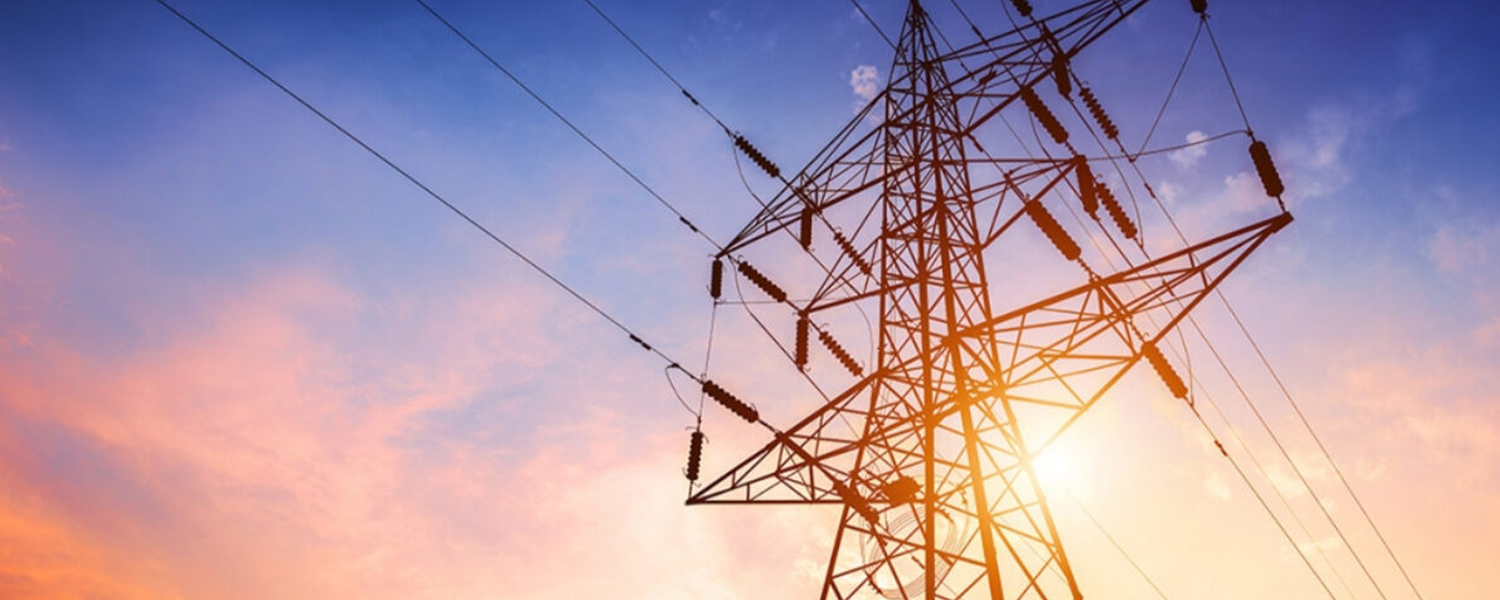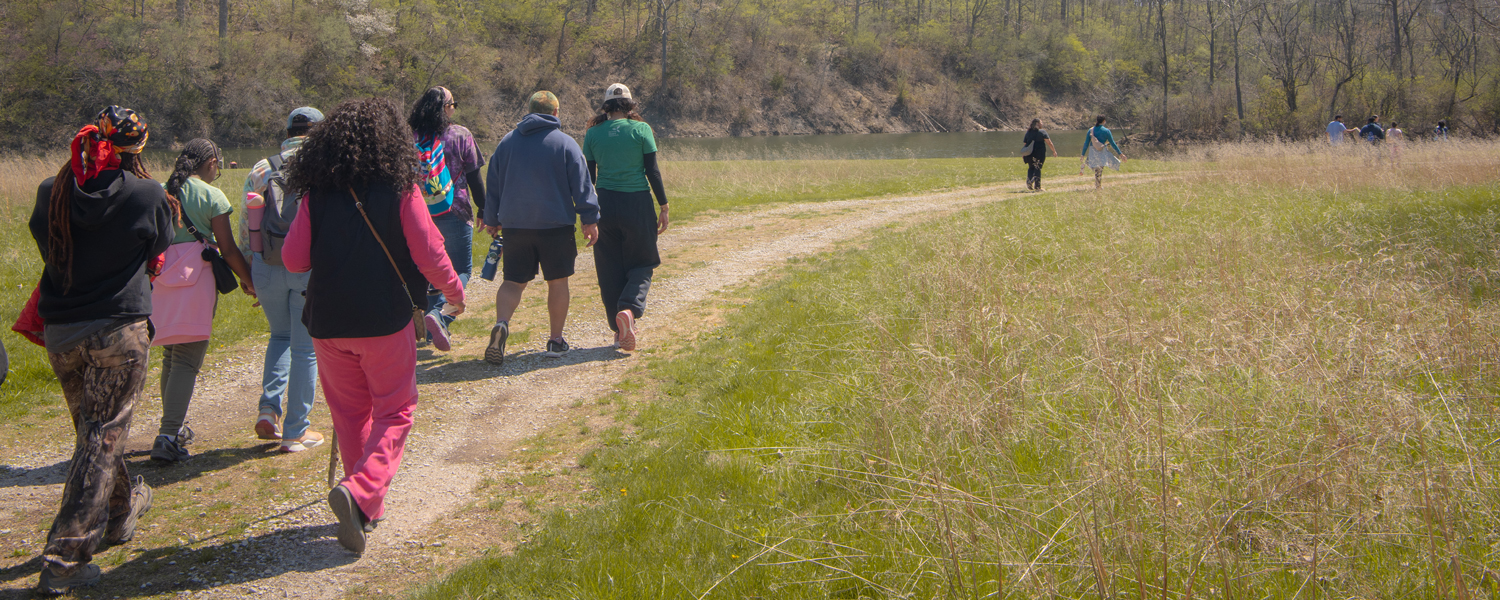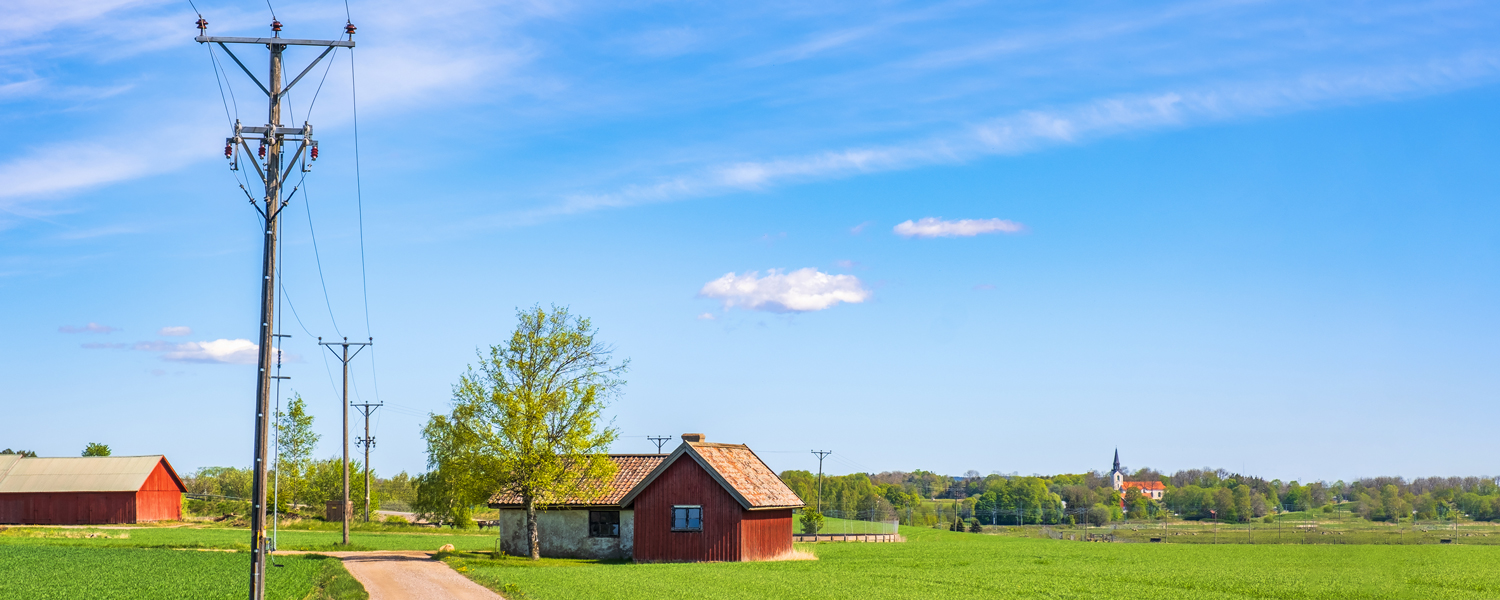Problem: Big Coal is a Threat to Our Land, Water, and Communities
Despite Illinois’ big, recent climate wins, our state still has a strong relationship with coal. In communities across Illinois, active and unreclaimed coal mines still leak toxic pollution into rivers and groundwater and threaten the health and safety of communities.
Even today, Illinois is the nation’s fourth-largest producer of coal, mining more today than 20 years ago, even with less active mines and less employed miners. The Climate and Equitable Jobs Act has created a timeline for Illinois to move away from gas- and coal-fired power plants between now and 2045, but the law does not address the future of coal mining in the state. As it stands now, we’re exporting our carbon emissions. Only a quarter of the coal mined here in Illinois is burned here. According to an analysis done by the Chicago Tribune, during 2020 alone, the burning of coal mined in Illinois released 57 million tons of heat-trapping carbon dioxide into the atmosphere. These emissions are more than the emissions of coal and gas-fired power plants in Illinois, which emitted 46 million tons in that year.
Coal communities are often saddled with the toxic legacy of mining including polluted water and degraded lands. Abandoned Mine Lands are sites that were mined for coal before 1977 when no laws existed to require clean-up. PRN and partners have successfully fought for additional funding to clean-up AML lands and we’re now supporting communities to put this funding to work. In addition to AML sites, Prairie Rivers Network has identified dozens of zombie mines across the state that are no longer producing coal but are not being reclaimed. Unlike AML sites, Zombie Mines are modern-era (post 1977) mines that should be cleaned up by the responsible coal company in a timely manner. Policy reform and funding is needed to ensure that Zombie Mines are properly reclaimed in Illinois and across the country.
We are facing a climate disaster that touches every part of our country. Coal production and the burning of coal has been and continues to be a major factor in climate change. Join us in our work to transition Illinois to a cleaner energy future.
Facts About Coal Mining In Illinois
- Illinois is the nation’s fourth largest coal producing state. (source)
- In 2023, 14 Illinois coal mines produced 38,854,488 tons of coal in Illinois and employed 2,511 people. Nine mines were underground mines and 5 were surface mines. (source)
- Illinois mined similar amounts of coal in 1998 and 2023, but with 1,748 fewer coal miners in 2023. The industry has become increasingly mechanized, employing fewer people.
- Only a quarter of the coal mined here in Illinois is burned here. According to the Energy Information Administration, half of the coal mined in Illinois is shipped to other states, primarily Kentucky and Florida, while the remaining quarter is shipped to other countries.(source)
- Over 7,500 acres of Abandoned Mine Lands are in need of reclamation in Illinois (i.e. clean-up). This is likely an underestimate given that the state could not previously address “priority 3” AML areas and therefore did not actively seek them out. Bipartisan Infrastructure Law funding now allows for the reclamation of “priority 3” sites. (source). Read more about AML here.
- Coal waste is polluting surface and groundwater at Zombie Mines in Illinois, like Shay 1, Crown II and Crown III in Macoupin County, Murdock Mine in Douglas County, Eagle 2 in Gallatin County, and Will Scarlet in Saline/Williamson Counties. Read more about Zombie Mines here.
- Coal’s contribution to Illinois electricity generation declined significantly from 46% in 2009 to 15% in 2023. (source)
- Illinois has 7 large operational coal fired power plants as of May 2025.
- Powerton (Tazewell County), 2028 closure planned
- Kincaid (Christian County), 2027 closure planned
- Newton (Jasper County), 2027 closure planned
- Baldwin (Randolph County), 2027 closure planned
- Prairie State Generating Station (Washington County), 45% CO2 emissions reductions by 2038 and 100% emissions reductions by 2045
- CWLP Springfield (Sangamon County), 45% CO2 emissions reductions by 2038 and 100% emissions reductions by 2045
- SIPC Lake of Egypt (Williamson County), 45% CO2 emissions reductions by 2038 and 100% emissions reductions by 2045
- Coal ash is polluting groundwater at nearly every coal fired power plant in Illinois, operational and shuttered. (source)
- Illinois’ Prairie State Generating Station ranked number seven in the nation in 2023 for greenhouse gas emissions. (source)
Solution: Just Transition to Clean Energy
Prairie Rivers Network fights to stop coal pollution, prevent investment in fossil fuels, and to support coal communities with new opportunities.
- Energy Community Reinvestment Resources for Coal Communities
- Energy Transition Community Grant Fact Sheet
- Toolkit for Developing and Managing Partnerships in Coal-Impacted Watersheds
- Illinois Coal Country Teams Volunteer Handbook for Monitoring Mine-Impacted Streams
- Coal Ash Advocacy Guide by Earthjustice
Key actions that we are working on include:
- Deter investment in new fossil fuel infrastructure
- Advocate for sufficient funding to allow Illinois to meet Renewable Portfolio Standard goals (e.g., 100% renewable energy by 2050)
- Organize support for policies that decarbonize Illinois’ electricity sector by 2030
- Ensure just transition policies and programs are adequate and responsive to frontline fossil fuel community needs through engaging those communities
- Aid traditionally underserved communities through expanded access to energy efficiency programs, low-income solar incentives, workforce and business development efforts, and reformed electric rate structure
- Support beneficial electrification and the electrification of state and municipal fleets
- Incentivize smart technologies and energy storage











